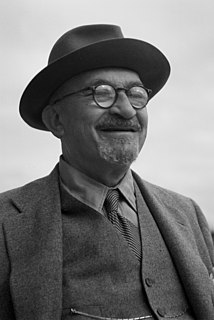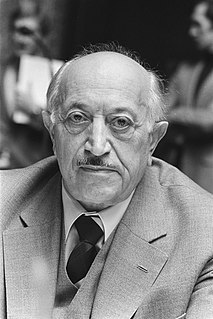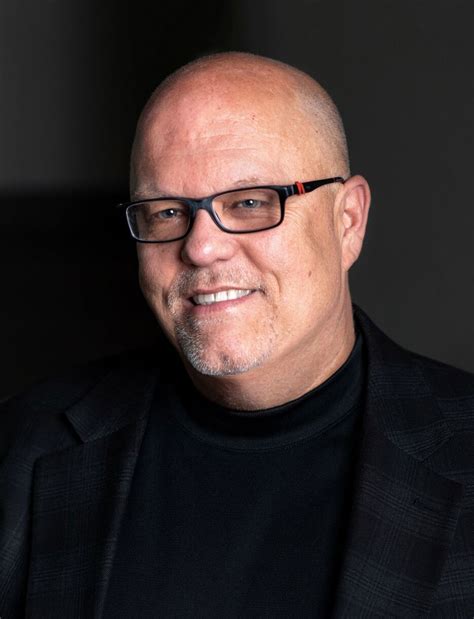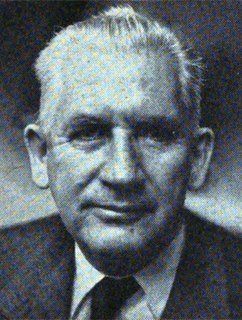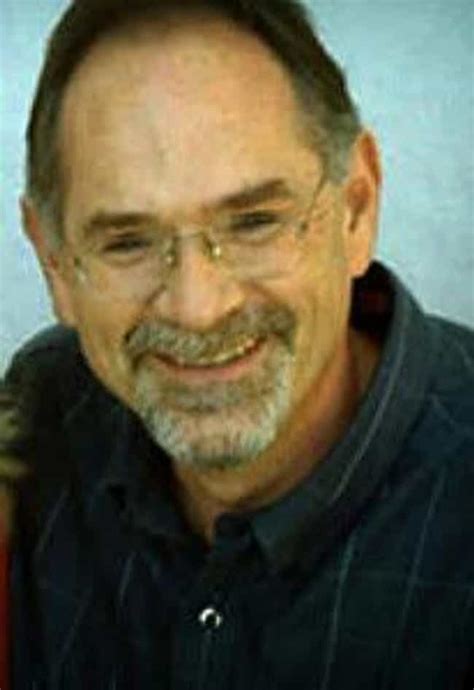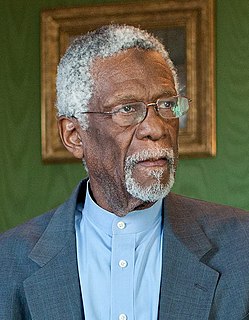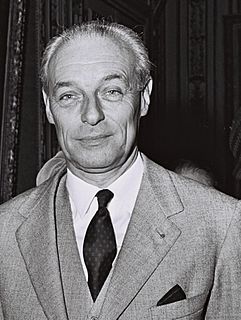A Quote by Chaim Weizmann
He received me not only cordially, but he was also full of confidence with respect to the war. His first words, after he had welcomed me, were as follows: 'Well, Dr. Weismann, we have as good as beaten them already.' I...thanked him for his constant support for the Zionist course. 'You were standing at the cradle of this enterprise.' I said to him, 'and hopefully you will live to see that we have succeeded.' Adding that after the war we would build up a state of three to four million Jews in Palestine, whereupon he replied: 'Yes, go ahead, I am full in agreement with this idea.'
Quote Topics
Adding
After
Agreement
Also
Am
Beaten
Build
Confidence
Constant
Course
Cradle
Dr
Enterprise
First
Follows
Four
Full
Go
Good
Had
Him
His
Hopefully
Idea
Jews
Live
Me
Million
Only
Palestine
Received
Respect
Said
See
Standing
State
Succeeded
Support
Them
Three
Up
War
Welcomed
Well
Were
Will
Words
Would
Yes
Zionist
Related Quotes
For me the Holocaust was not only a Jewish tragedy, but also a human tragedy. After the war, when I saw that the Jews were talking only about the tragedy of six million Jews, I sent letters to Jewish organizations asking them to talk also about the millions of others who were persecuted with us together - many of them only because they helped Jews.
How many there are who still say, 'I want to see His shape, His image, His clothing, His sandals.' Behold, you do see Him, you touch Him, you eat Him! You want to see His clothing. He gives Himself to you, not just to be seen but to be touched, to be eaten, to be received within .... Let all of you be ardent, fervent, enthusiastic. If the Jews stood, shoes on, staff in hand, and eating in haste, how much more vigilant should you be. They were about to go to Palestine; ... you are about to go to heaven.
Those other lands were Christian, and they boiled with bigotry. The rulers themselves were more or less tolerant, for they depended upon Jews as their financiers. But the lower classes had no use for them, and butchered them whenever a righteous excuse could be found. And righteous excuses were not wanting. If a plague broke out, of course the Jews had poisoned the wells. If a war was lost, of course the Jews had aided the enemy. If a boy mysteriously disappeared, of course the Jews had murdered him to procure blood for their Passover drink.
I spent a part of ...1923 with...Dr. W.W. Keen...In the ..Civil War....he was a surgeon...and had seen many men die from suppuration of wounds after he had operated. ...He would hold the sutures in his teeth and sharpen his knife on the sole of his boot, after he had raised up his boot from the muddy ground. That was the accepted practice at the time.
The last words he said to me when I bade him good-night were: Tell Amy it's no good coming after me. Anyhow, I shall change my hotel, so she wouldn't be able to find me.' My own impression is that she's well rid of you,' I said. My dear fellow, I only hope you'll be able to make her see it. But women are very unintelligent.
I asked him if it were a mirage, and he said yes. I said it was a dream, and he agreed, But said it was the desert's dream not his. And he told me that in a year or so, when he had aged enough for any man, then he would walk into the wind, until he saw the tents. This time, he said, he would go on with them.
After the war people said, 'If you can plan for war, why can't you plan for peace?' When I was 17, I had a letter from the government saying, 'Dear Mr. Benn, will you turn up when you're 17 1/2? We'll give you free food, free clothes, free training, free accommodation, and two shillings, ten pence a day to just kill Germans.' People said, well, if you can have full employment to kill people, why in God's name couldn't you have full employment and good schools, good hospitals, good houses?
What should we call him?" Klaus asked. "You should call him Dr. Montgomery," Mr. Poe replied, "unless he tells you to call him Montgomery. Both his first and last names are Montgomery, so it doesn't make much difference." "His name is Montgomery Montgomery?" Klaus said, smiling. "Yes, and I'm sure he's very sensitive about that, so don't ridicule him," Mr. Poe said, coughing again into his handkerchief.
I don’t know what to do,” Will said. “Mortmain has taken Tessa, and I believe now I know where she might be. There is a part of me that wants nothing more than to go after her. But I cannot leave Jem. I swore an oath. And what if he wakes in the night and finds I am not here?” He looked as lost as a child. “He will think I left him willingly, not caring that he was dying. He will not know. And yet if he could speak, would he not tell me to go after Tessa? Is that not what he would want?” Will dropped his face into his hands. “I cannot say, and it is tearing me in half.
Well, I was thinking this very thing. I was thinking: I am going to die today, but Jesu also died, so he knows how it is with me. And I was thinking, would he know me when I came to him? Yes! Sitting in his hall, he will see me sail into the bay, and he will run down to meet me on the shore; he will wade into the sea and pull my boat onto the sand and welcome me as his wayfaring brother. Why will he do this? Because he too has suffered, and he knows...HE KNOWS...Is that not good news?
the African leopard is an audacious animal, although it is ungrateful of me to say a word against him, after the way he has let me off personally ... taken as a whole, he is the most lovely animal I have ever seen; only seeing him, in the one way you can gain a full idea of his beauty, namely in his native forest, is not an unmixed joy to a person, like myself, of a nervous disposition.
On the whole, my family had always adopted a reserved attitude toward Zionism; my great-uncle Edmond had acted on his own in generously supporting Jewish Palestine, for reasons more humanitarian and religious than political. But the devastation caused by the war and the extermination of six million Jews radically changed all of our former attitudes. The idea of a Jewish homeland acquired an intense emotional appeal; I myself became an ardent Zionist.
